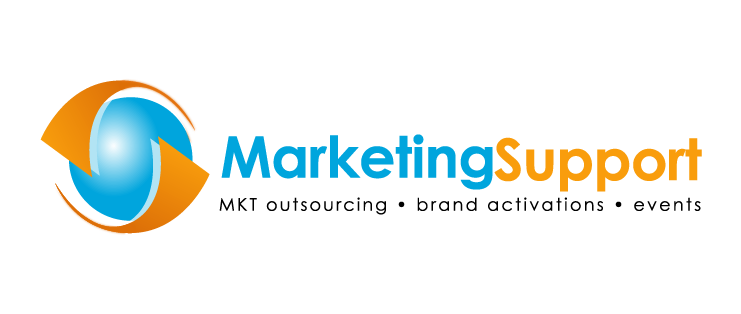Blockchain technology has been gaining traction in various industries over the past few years, revolutionizing the way data is stored, shared, and secured. One industry that stands to benefit significantly from the implementation of blockchain technology is the pharmaceutical industry. In this article, we will explore the role of blockchain in facilitating pharmaceutical investments, and how it can help streamline processes, increase transparency, and reduce costs for investors and stakeholders in the healthcare sector.
Pharmaceutical investments play a crucial role in the development of new drugs, medical devices, and therapies that can improve patient outcomes and save lives. However, the pharmaceutical industry is known for its high levels of complexity, regulatory requirements, and data privacy concerns. Traditional investment processes in this sector often involve multiple intermediaries, complex paperwork, and significant delays in transactions. This is where blockchain technology can make a significant impact.
Blockchain technology allows for the secure and transparent recording of transactions in a decentralized ledger. Each transaction is encrypted and linked to the previous transaction, forming a chain of blocks that cannot be tampered with. This decentralized and immutable nature of blockchain technology provides a high level of security and transparency, making it an ideal solution for streamlining pharmaceutical investments.
One of the key benefits of using blockchain technology in pharmaceutical investments is the ability to track and trace the flow of funds and assets in real-time. This can help investors and stakeholders monitor the progress of their investments, ensure compliance with regulations, and reduce the risk of fraud and corruption. Additionally, blockchain technology can help streamline the due diligence process by providing a secure and transparent platform for verifying the authenticity of documents Voltprofit Max, licenses, and other important information.
Another important aspect of blockchain technology is its potential to facilitate peer-to-peer transactions, bypassing the need for traditional intermediaries such as banks and financial institutions. This can help reduce transaction costs, increase the speed of transactions, and improve liquidity in the pharmaceutical investment market. By using smart contracts, investors can automate the execution of agreements and ensure that all parties fulfill their obligations in a secure and transparent manner.
In addition to streamlining investment processes, blockchain technology can also help improve the transparency and efficiency of supply chains in the pharmaceutical industry. By using blockchain technology to track the provenance and movement of drugs and medical devices, stakeholders can ensure the authenticity and quality of products, reduce the risk of counterfeit products, and improve patient safety. This level of transparency can also help build trust among investors, regulators, and consumers, ultimately leading to increased investments in the pharmaceutical sector.
Overall, the role of blockchain in facilitating pharmaceutical investments is significant and promising. By leveraging the security, transparency, and efficiency of blockchain technology, investors and stakeholders in the pharmaceutical industry can streamline processes, reduce costs, and improve trust and compliance. As more pharmaceutical companies and investors adopt blockchain technology, we can expect to see a more efficient and sustainable healthcare system that benefits patients, investors, and society as a whole.

